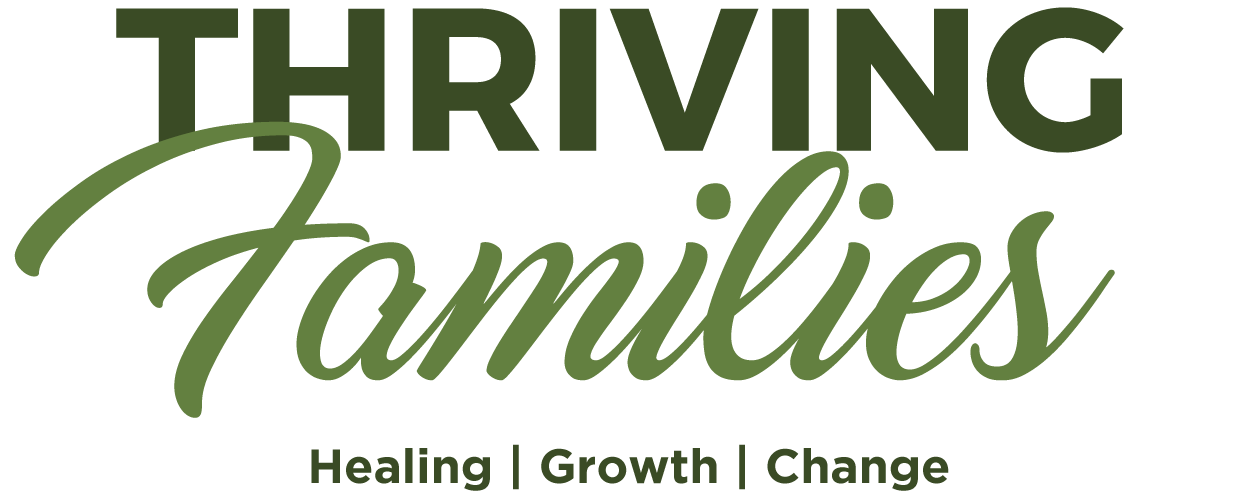CMAT Tech
Internet, Technology, Phone, and Gaming Addiction
Technological advances give billions of people around the world the opportunity to live longer, healthier, more productive, convenient, comfortable, and satisfying lives. For all the benefits, however, technology has taken hold of many people, resulting in obsessive and compulsive use that causes distress and impairment in daily living.
As with any company, those that sell products related to technology are incentivized to get people to use their product as much as possible. Providing helpful and desirable services is a service to the community, but when people become addicted to these products and services, individuals, families, and communities pay a high price. As companies become more adept at creating online experiences that lure us to check out from real life for an online relationship, the escapism of fantasy, the thrill of gambling disguised as gaming, and the facade of useful productivity, it can seem almost impossible to maintain healthy technology use.
Consider the following:
Regarding screen use, generally:
Every hour of screen time per day increases the risk of attention difficulties by 10%.
Excessive screen use by young people correlates to lower grades, higher school dropout, and increased violent behavior. This contributes to the fact that 50% of children in grade 8 do not have job-entry literacy, and 30% of high school students do not graduate.
Chronic sensory stimulation via excessive screen exposure during brain development increases the risk of accelerated neurodegeneration in adulthood, such as amnesia and early onset dementia.
Regarding phones, as of 2023:
The average American spends at least five hours on their phone per day.
The average American touches their phone 2,617 times per day.
The average American will check their phones once every 10-12 minutes.
47% of people believe they are addicted to their phones.
Regarding social media:
An estimated 27% of children who spend 3 or more hours a day on social media exhibit symptoms of poor mental health.
Individuals that visited any social media site 50+ times per week were 3 times more likely to feel socially isolated and depressed, compared to those who used social media fewer than 9 times per week.
Those who had spent more time on social media had 2.2 times the risk of reporting eating and body image concerns.
Regarding gaming:
Games are constructed with feedback systems also used in the gambling industry, in order to keep gamers more engaged and willing to spend additional and increasing amounts of time, effort, and money.
Vulnerability increases for those who are not in middle age (the young and the old), those who are isolated, those with painful co-occurring mental health disorders, and those with physical or psychological pain.
Young people with gaming disorders are at higher risk for psychotic symptoms.
Individuals with gaming disorder are likely to also suffer from one or more of the following: depression, anxiety, ADHD, autism, other addictions, personality and conduct disorders.
Regarding pornography:
The top 3 porn sites in the world receive a combined 5.81 billion website visits per month. That means there are about 134,491 new website visits per minute—just on those 3 websites.
Porn seems to activate similar chemical reactions in the brain as drugs do.
Over time, porn use is correlated with escalating addictive and sexual behaviors due to the development of tolerance, as well as correlated with reduced satisfaction with real life romantic and sexual relationships.
Addiction is highly correlated with unresolved trauma, as addicts use acting out to escape and distract themselves from painful memories, boredom, anxiety, depression, and disappointments. However, there are many individuals with no significant trauma, who also get caught up in problematic and addictive behaviors.
Are you effected by internet, technology, or gaming addiction?
Do you use technology more frequently, with more intensity, or longer than you used to?
Has technology use been prioritized over other life interests and activities (responsibilities, work/school, in-person relationships, chores, health/hygiene, hobbies)?
Have you continued in your technology use despite negative consequences?
Steven R. Hobbs is a Certified Multiple Addiction Therapist (CMAT) through the International Institute of Trauma and Addiction Professionals. He has completed certifications in both sexual addiction treatment and technology addiction treatment (phone, internet, gaming, and screen). These certifications are based on the groundbreaking work and evidence-based methods of Dr. Patrick Carnes, and furthered by others in the field. The advanced training has given him tools and resources to support the recovery of those affected by many various addictions. He utilizes the innovative 30-task model, which research has shown offers clients a higher likelihood of sustained recovery in the long-term.
In collaboration together with Thriving Families’ other psychotherapists, and select network of skilled and trained psychotherapists and other professionals, we are honored to provide the guidance and support needed to help you and your family move past the devastating effects of technology addiction. Whether your situation involves problematic use of your phone, social media, gaming, pornography, or other technology devices, we are fully committed to assist you in reaching your recovery goals.
Individual, Couple, and Family Therapy
We are honored to work with individual addicts, individual partners of addicts, couples effected by technology addiction, and families effected by technology addiction.







